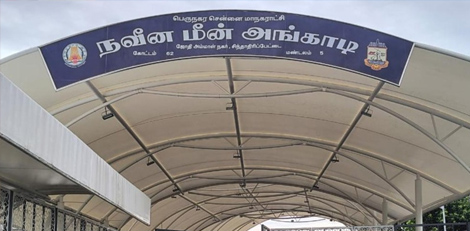To make water from air, IIT Madras joins hands with a private firm
Posted on: 09/Mar/2019 10:31:09 AM

Water could be made from air. How could this be possible? Sounds unimaginable but true!!
The amazing information is Indian Institute of Technology Madras or IITM has joined hands with a private firm �Teertha� to produce water from air. It is now said that the air which we breathe could be drunk to satisfy our thirst by this association between IITM and Teertha, private technology firm.
IIT Madras and Teertha are now working together on a low cost device and by this device atmospheric air could be converted to potable water by means of solar power. In a single day this low cost device named �Nero� would be able to produce 4 to 5 litres of potable water.
There are many people who live in remote places and are isolated from conventional water resources. It is now revealed that this association between IITM and Teertha would be highly beneficial to the above said people. On Wednesday, an agreement was signed by Mr. Ravindra Gettu who is the dean IC & SR and Durga Das who is the chief executive officer of Teertha for the above mentioned purpose.
There were some important persons who made their presence felt when the agreement was signed. The persons are M.P. Maiya, department of mechanical engineering of IITM and he would be coordinating this project. Others present were S.S. Sivakumar, Jayakar Rao, Iftekhar Pathan, co-founders of Teertha etc. As it would be operating using solar power, the product would be cheap, have negligible operating costs plus have minimum maintenance cost also. This was confirmed by the researchers.
It was pointed out by M.P. Maiya that the atmospheric air was not only a major source of fresh air but also available universally. He then explained about how this was available in the form of vapour and how it would be converted to liquid. The important information gathered is the proposed solar that was based on desiccant technology could trap the water molecules from atmospheric air in the night time and could yield water in the day time. Maiya finally hinted that this process would be fantastic in places without having brackish water also.







